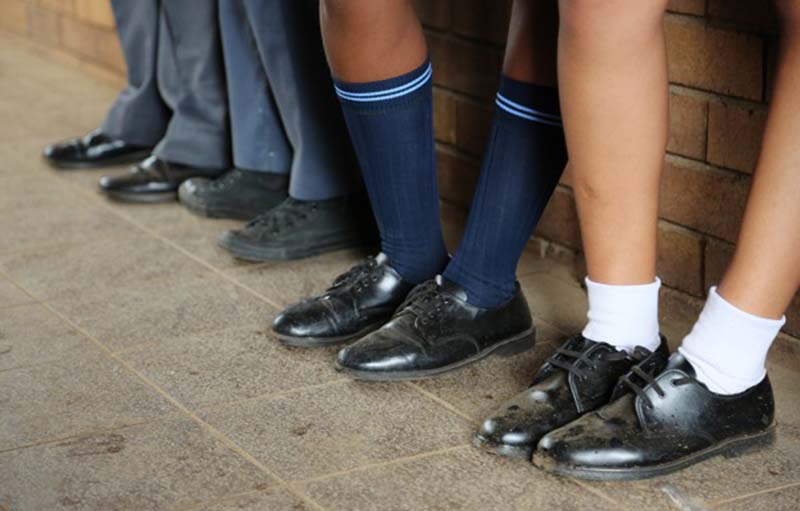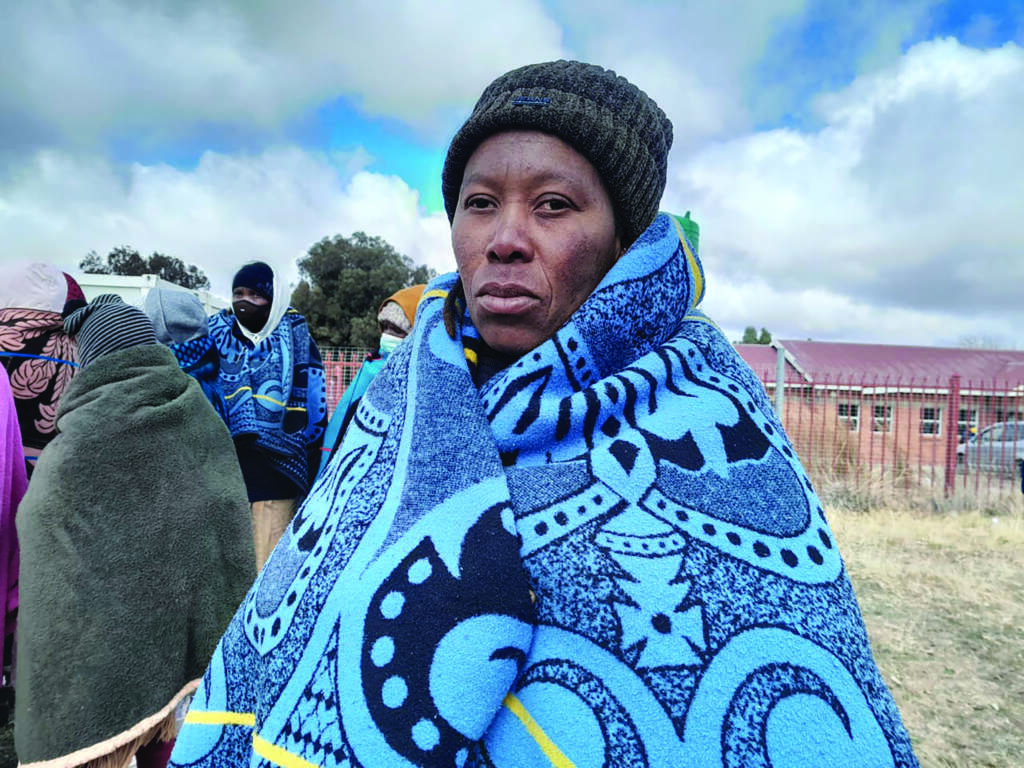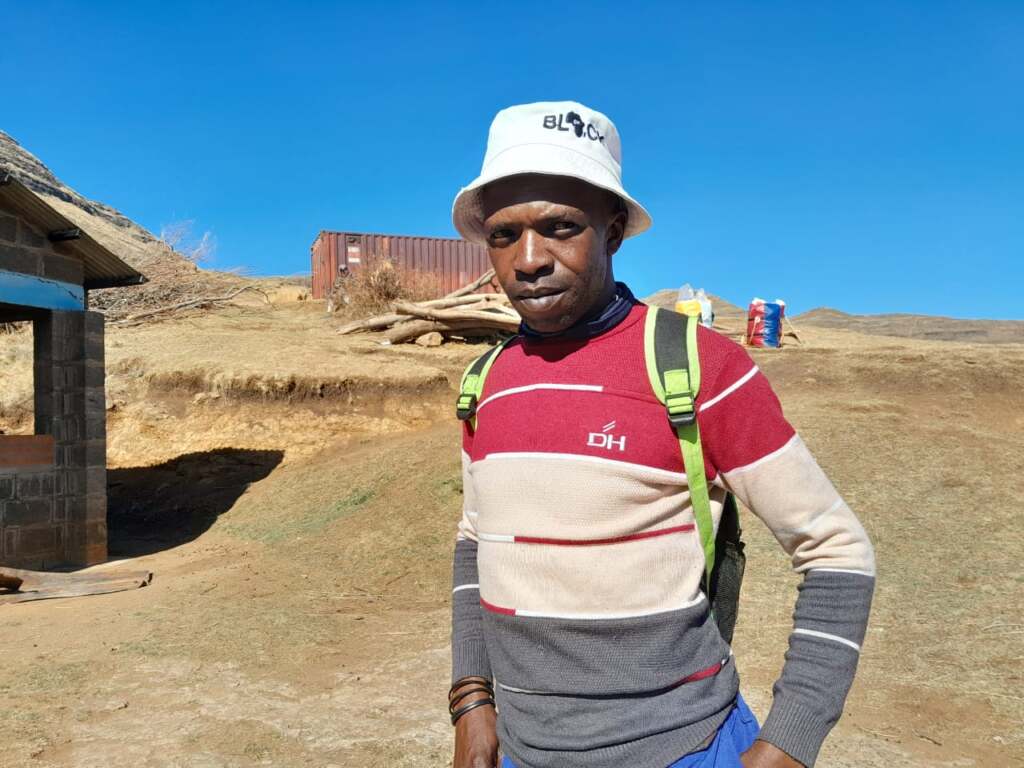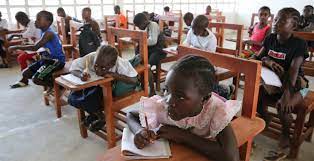Nthatuoa Koeshe
The Global Partnership for Education (GPE) and the Basic Education Strengthening Project (BESP) injected money amounting to $7.1 million (M113 Million) as a grand meant to improve learner-retention in schools in times of Covid-19.
The Government of Lesotho and the World Bank have signed an agreement to improve retention in times of Covid-19 in an environment in which boys, particularly from poor households and in the rural areas, are most vulnerable to dropping out of school. The project will also help strengthen the country’s basic education system.
The fund is said to also help improve the quality of teaching in junior secondary schools in targeted communities as well as support the rollout of a new curriculum to strengthen Early Childhood Care and Development (ECCD).
Minister of Education and Training ‘Mamookho Phiri said with this project, they will be able to retain students across the education system and give them a chance for a better future.
“We have come a long way in improving access to junior secondary education. However, the Covid-19 pandemic has exacerbated primary and secondary student drop-out rates,†she said.
According to a recent report from the World Bank, targeting rural areas with high poverty rates and high school drop-out rates, the project includes a component that will help improve the efficiency of cash transfer schemes to students from poor households.
“About 18,700 students will be supported throughout the project with a top-up of M1,500/$97 per student on the Child Grant Program (CGP), starting in 2023. The project will also incentivize students to stay in school by scaling up the implementation of social youth clubs that are already active in schools.â€
It said the project will provide structured support to roll out a new curriculum to over 300 reception classes and ECCD centers.
“It will also help improve the quality of teaching by strengthening online training models in mathematics and science for junior secondary school teachers. The project will also provide technical assistance to strengthen the government’s capacity to monitor progress of the Lesotho Basic Education System.â€
World Bank’s Country Director for Lesotho, Eswatini, Botswana, Namibia and South Africa, Marie Francoise Marie-Nelly said through this project, children are supported in critical stages of their development by strengthening the provision of early childhood care and development, keeping boys and girls in school.
World Bank said this project responds to the Education Sector Response Plan, which is in line with the wider national response plan and reflects the importance of a multi-sectoral approach to mitigate the impact of the Covid-19 pandemic.
“The project is further aligned with a key objective of the second National Strategic Development Plan (2018/19-2022/23) which aims to strengthen human capital development.â€
Acting Chief Executive Officer of GPE Charles North said this project comes at a critical time, as Lesotho continues to build back from the devastating impacts of the pandemic on education.
“We hope that this funding will ensure more students, especially the most vulnerable, stay in school and continue to receive a quality education,†North said. GPE is a shared commitment to ending the world’s learning crisis. It mobilizes partners and funds to support 76 lower-income countries to transform their education systems so that every girl and boy can get the quality education they need to unlock their full potential and contribute to building a better world.

Your Trusted Source for News and Insights in Lesotho!
At Newsday Media, we are passionate about delivering accurate, timely, and engaging news and multimedia content to our diverse audience. Founded with the vision of revolutionizing the media landscape in Lesotho, we have grown into a leading hybrid media company that blends traditional journalism with innovative digital platforms.












